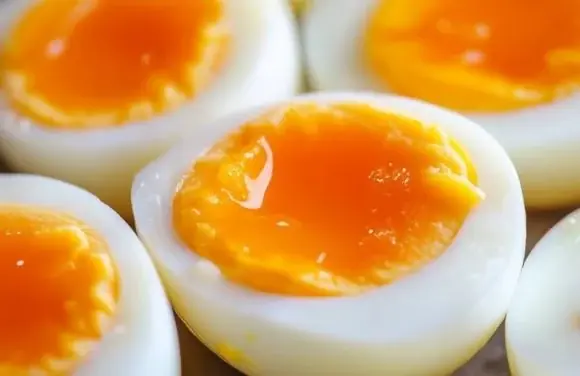
2 Common Vegetables That Can Harbor Parasites
2 Common Vegetables That Can Harbor Parasites – Especially No.1, a Favorite of Many
Vegetables are an essential part of our daily meals. While some are highly nutritious, if grown in contaminated environments, they may harbor parasites — both on the surface and inside the plant tissue. Eating such vegetables without proper cooking can pose serious health risks.
1. Watercress
Watercress is a familiar leafy green to many. However, some people avoid it due to the belief that it grows in dirty water and is prone to parasite contamination. Indeed, many homemakers complain that watercress bought from local markets often comes mixed with duckweed or even has visible worms attached. Despite that, watercress is considered a “superfood” due to its impressive nutritional profile.
It is rich in vitamin C, B vitamins, vitamin E, iron, phosphorus, and iodine, offering health benefits such as enhancing immunity, preventing infections, and slowing aging, according to Vietnamnet.
With high folic acid content, watercress is particularly beneficial for pregnant women as it helps prevent fetal birth defects. On average, pregnant women can safely consume it 3–4 times per week.
In traditional Eastern medicine, watercress is believed to be cooling in nature, with a slightly bitter and pungent taste. It supports detoxification, aids digestion, and acts as a diuretic. For people with diabetes, regular consumption of watercress may help regulate blood sugar and increase dietary fiber intake.
When feeling fatigued or after consuming greasy, heavy foods like sticky rice or traditional cakes, blending watercress with carrot juice is a great way to cool the body and promote detoxification.
Although watercress is crunchy, flavorful, and highly nutritious, it can be a hidden health hazard if not properly handled. Since it’s typically grown in watery fields or ponds, it's vulnerable to parasite contamination. Therefore, it must be washed thoroughly. If you wish to eat it raw, only consume watercress grown on land under hygienic conditions. People with hyperthyroidism should avoid watercress due to its high iodine content, which can aggravate their condition.

2. Cucumber
Cucumbers are commonly enjoyed as a cooling, hydrating vegetable during the summer. They can also soothe sunburn when applied topically. Cucumbers are rich in potassium (152 mg per serving), which can help lower blood pressure. Studies show potassium intake reduces the risk of stroke and supports heart health.
Other health benefits of cucumbers include:
-
Natural potassium source: Great for balancing electrolyte levels.
-
Eye health: When placed over the eyes, cucumber slices reduce puffiness, and their nutrients can help refresh vision.
-
Cancer prevention: Cucumbers contain lariciresinol, pinoresinol, and secoisolariciresinol—three lignans that have been linked to lower risks of breast, ovarian, uterine, and prostate cancers.
-
Digestive health: Eating cucumbers with the peel improves digestive secretions and helps sweep away residual waste in the intestines due to their high fiber content.
-
Oral hygiene: Holding a cucumber slice in the mouth for 30 seconds can help eliminate bad breath through its phytochemicals.
-
Kidney support: Regular cucumber consumption may reduce uric acid levels in the kidneys, aiding detoxification.
-
Detoxification: Its high water content helps flush out toxins, even those that cause kidney stones.
-
Immunity boost: Vitamins A, B, and C in cucumbers enhance immunity and energy.
-
Weight loss: Low in calories and high in fiber, cucumbers are ideal for weight loss. Pairing them with unsweetened yogurt makes for a healthy, nutrient-rich snack.
Cucumbers are often eaten raw with dips or used in refreshing salads. However, beneath their vibrant green skin lies a hidden danger — parasites and pesticide residues. According to VOV, these contaminants can pose serious health risks if not properly removed.
Parasites on cucumber skin can cause digestive illnesses, while pesticide residues, if not washed off thoroughly, may accumulate in the liver, kidneys, and other organs.
Safe Vegetable Washing Tips
Summer provides a variety of leafy greens essential for vitamin and mineral intake. But food hygiene awareness — especially in selecting and preparing vegetables — is key to preventing infection from parasite-prone produce.
Here’s how to clean vegetables safely:
-
Rinse thoroughly under running water: This helps remove dirt and debris. You can also soak them in lightly salted water for 10–15 minutes.
-
Soak in salt water: Mix 1–2 tablespoons of salt with a liter of water, soak vegetables for 10–15 minutes, then rinse clean. Salt can help eliminate bacteria and pesticide residues.
-
Cook thoroughly: This is the most effective way to kill parasites. Limit raw consumption of high-risk vegetables.
-
Buy from reputable sources: Choose vegetables with known origins and safe farming practices.
-
Practice good hygiene: Wash your hands thoroughly before handling or eating vegetables.
By staying mindful and cautious, you can fully enjoy the benefits of vegetables while minimizing health risks for you and your family.
News in the same category

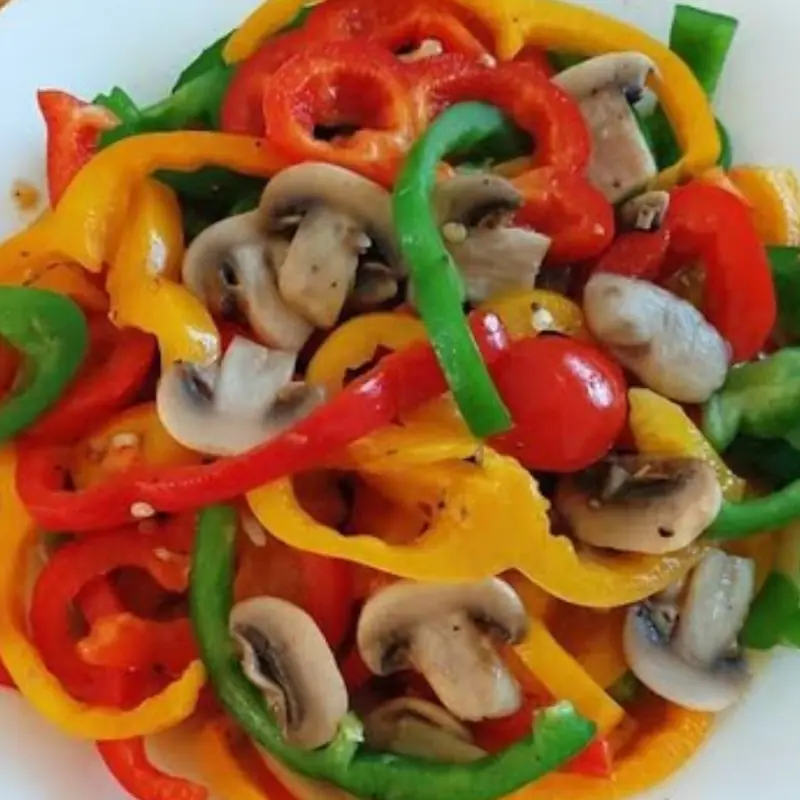
The 'Vitamin C King' of the Vegetable World

Avoid Swimming If You Spot 'Square Waves'
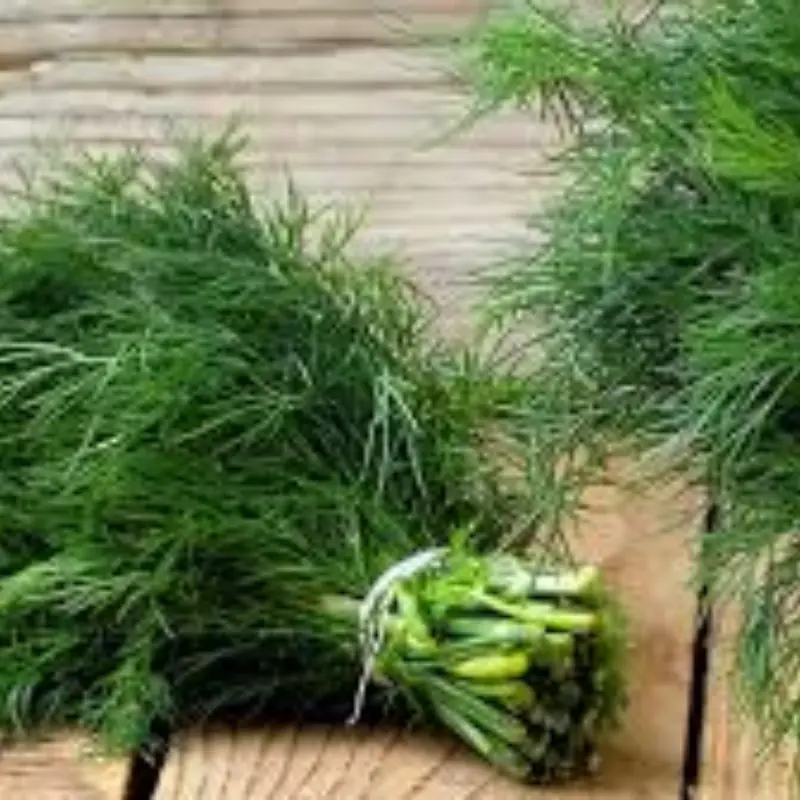
3 Green Vegetables Called the “King” of Sto.mach Protection
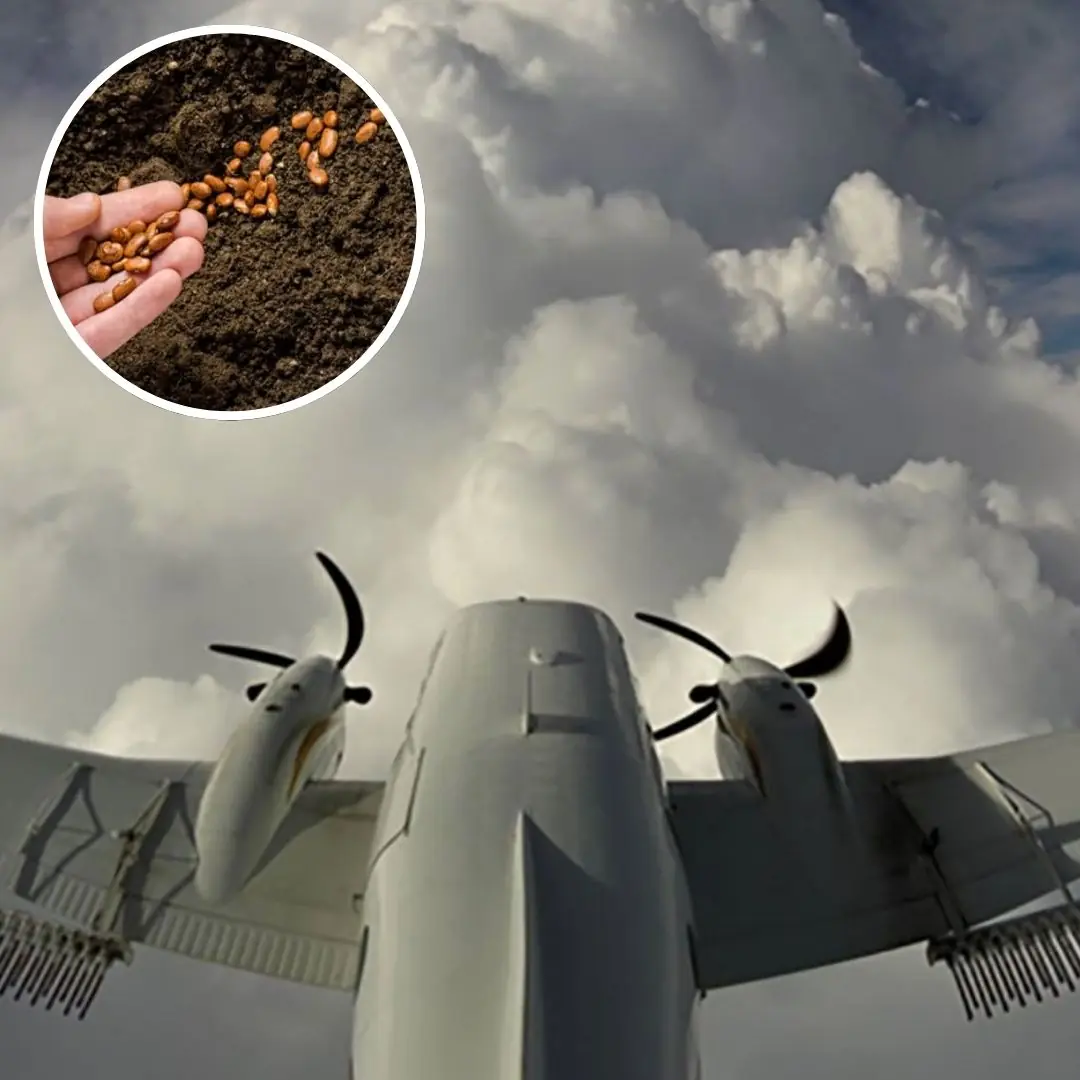
Why You Should Not Bring Seeds on a Plane: A Detailed Explanation

10 Powerful Reasons a Simple Smile Can Change Your Life
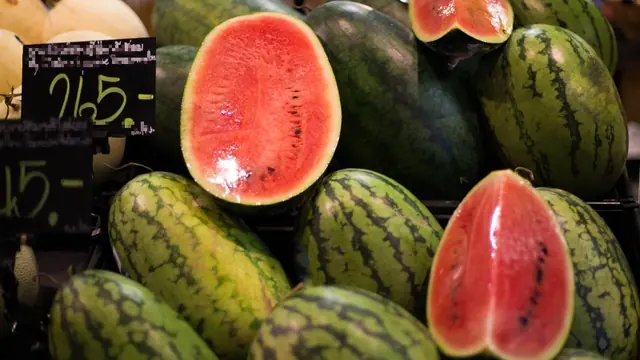
3 Common Mistakes in Storing Watermelon During Summer
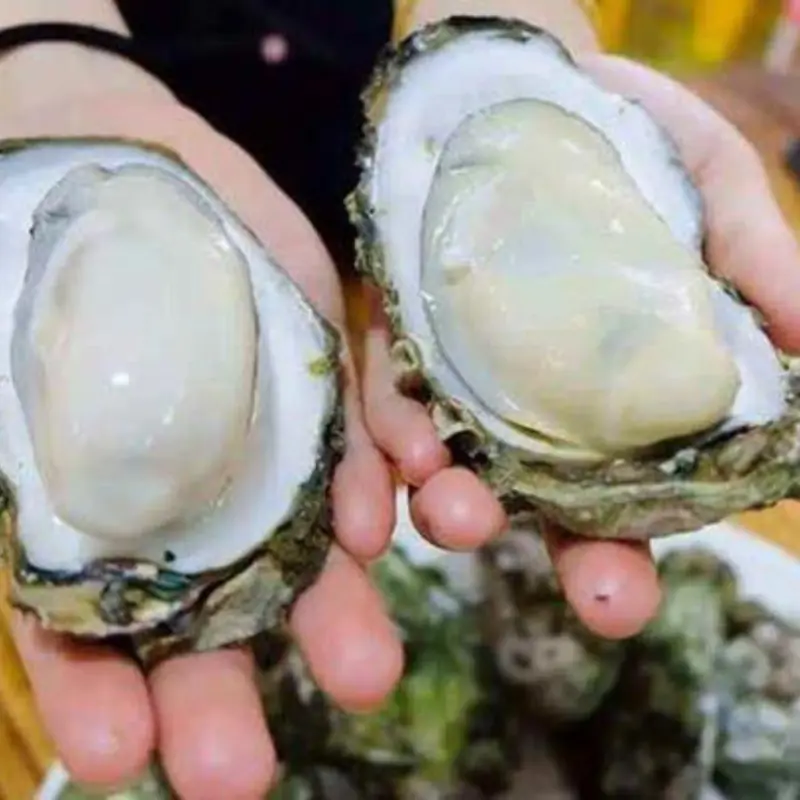
When Buying Oysters, Avoid These 3 Types
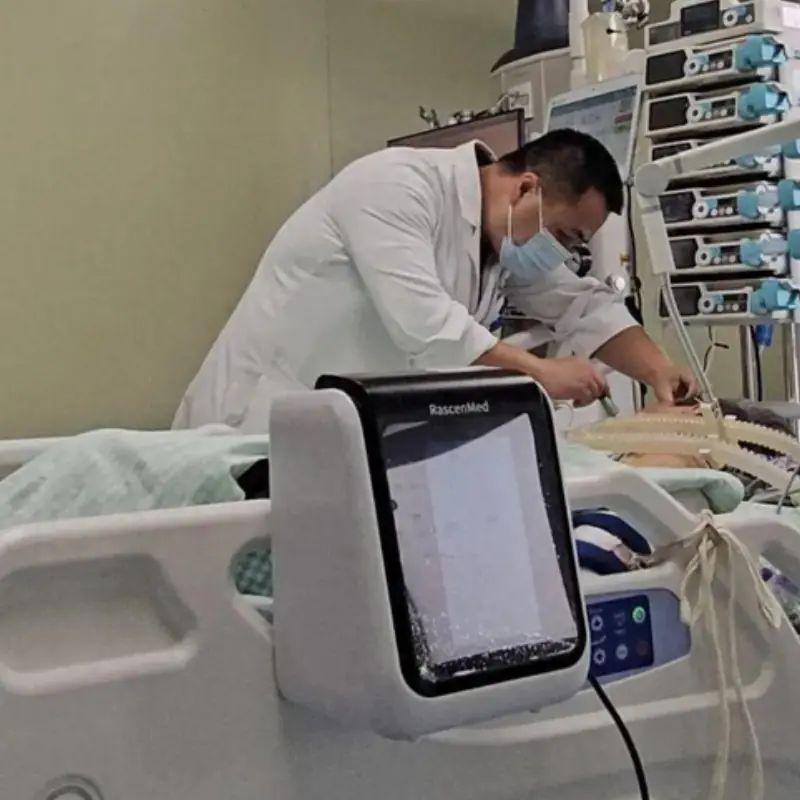
Woman Suddenly Suffers Kid.ney Failure After a Meal

Why Dogs and Cats Often Hate Each Other—Most People Don’t Know This

4 Morning Habits That Increase Str.oke Risk—Avoid Them at Any Age

Smart Shoppers Avoid These 3 Types of Fish at the Market

Not a snake, this is the "kil.ler" that can crawl out of your air conditioner

Doctors Discovered 6 Morning Habits Shared by Most Can.cer Patients

Why do women grow a lot of hair on their fingers?

20 Signs of Can.cer That Women Often Ignore

4 things you do in the morning that bring you closer to a str.oke
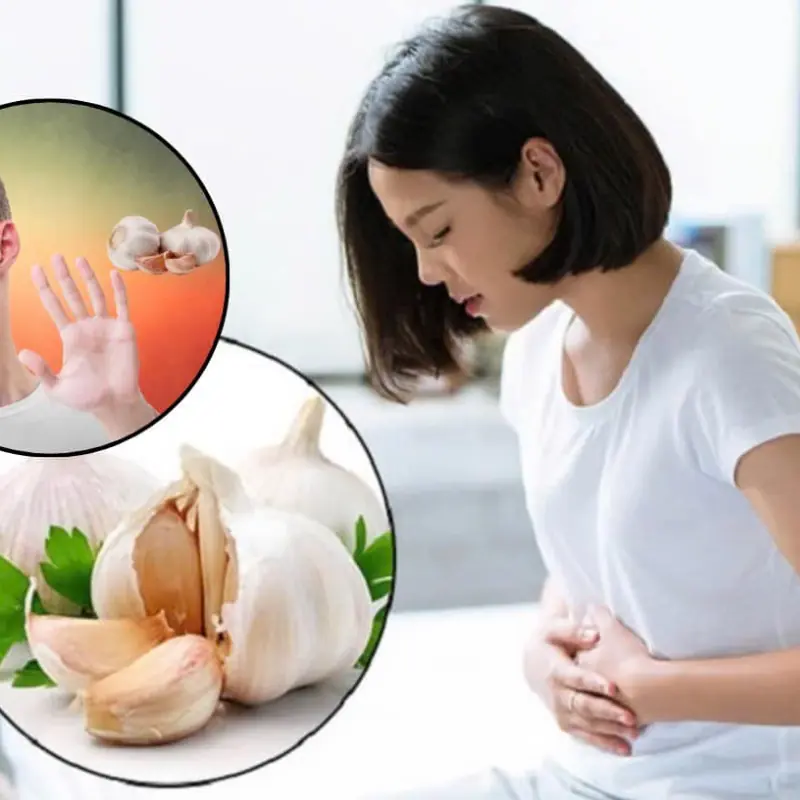
Garlic Is Healthy for Most But for These 4 Groups of People, It Can Be Dangerously Toxic

Snakes Don’t Fear Humans—But These 6 Animals Terrify Them
News Post

4 Things to Avoid After 5 PM to Lower Your Risk of Stro.ke

Doctors Warn: This Common Way of Eating Boiled Eggs Can Clog Your Arteries
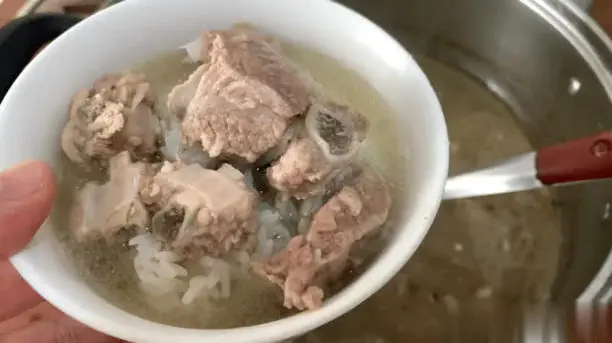
Blanch Bones First or Simmer Directly?

The 'Vitamin C King' of the Vegetable World

Avoid Swimming If You Spot 'Square Waves'

3 Green Vegetables Called the “King” of Sto.mach Protection

Why You Should Not Bring Seeds on a Plane: A Detailed Explanation
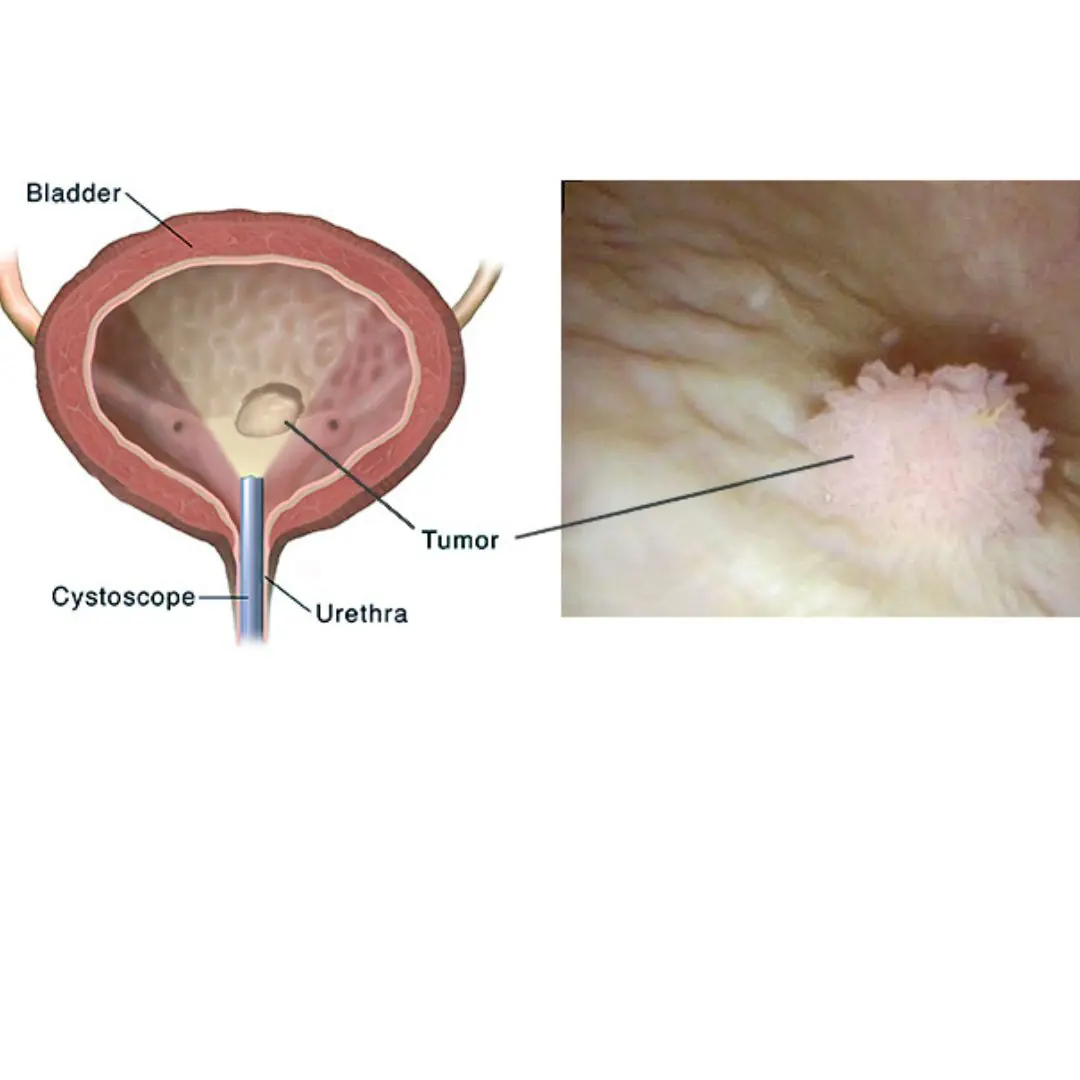
Bladder Ca.ncer: Symptoms You Shouldn’t Ignore
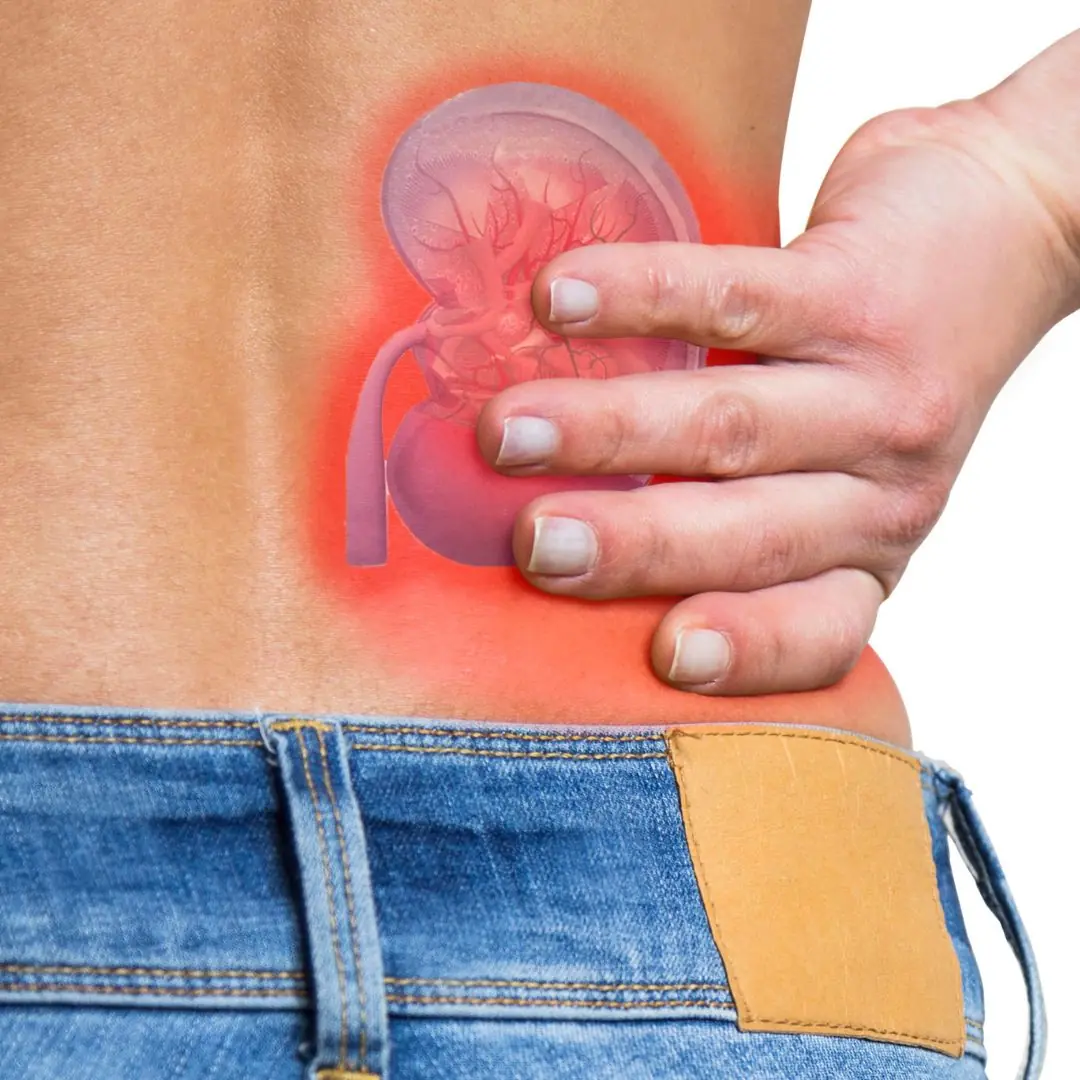
4 Healing Drinks to Prevent and Dissolve Kidney Stones

10 Powerful Reasons a Simple Smile Can Change Your Life

The Surprising Benefits of Donating Bl.o.od
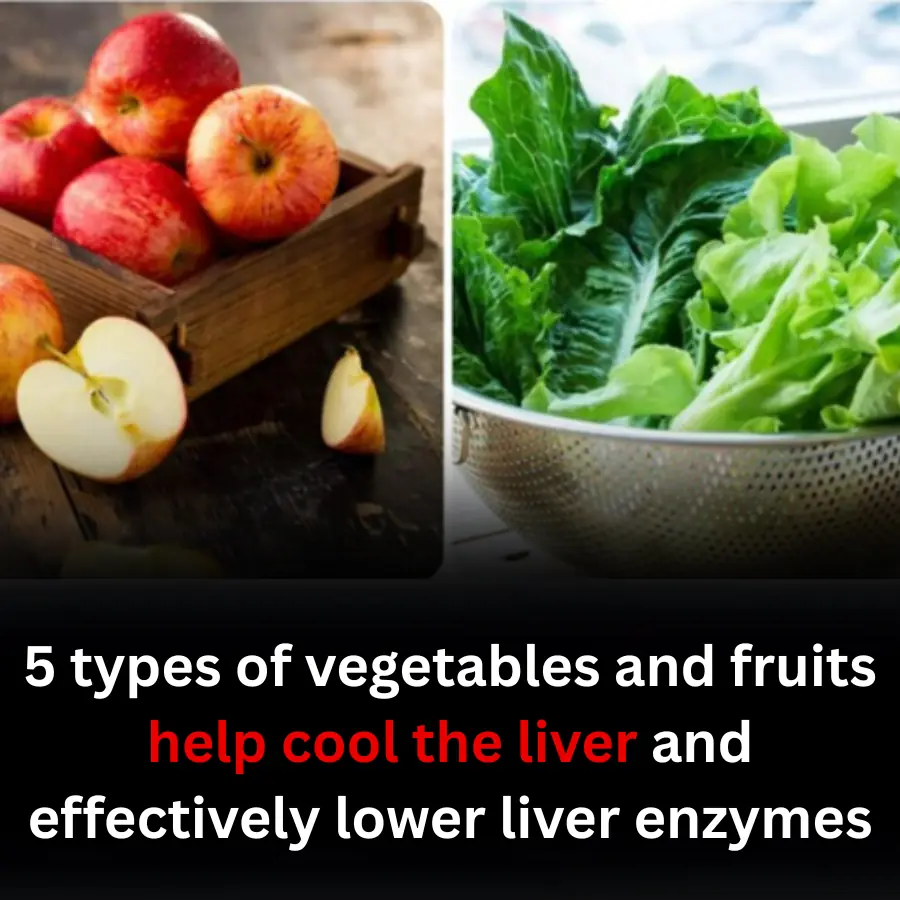
5 types of vegetables and fruits help cool the liver and effectively lower liver enzymes

Top vegetable to help reduce visceral fat extremely effectively, nutritionist reveals 4 more easy ways to lose weight
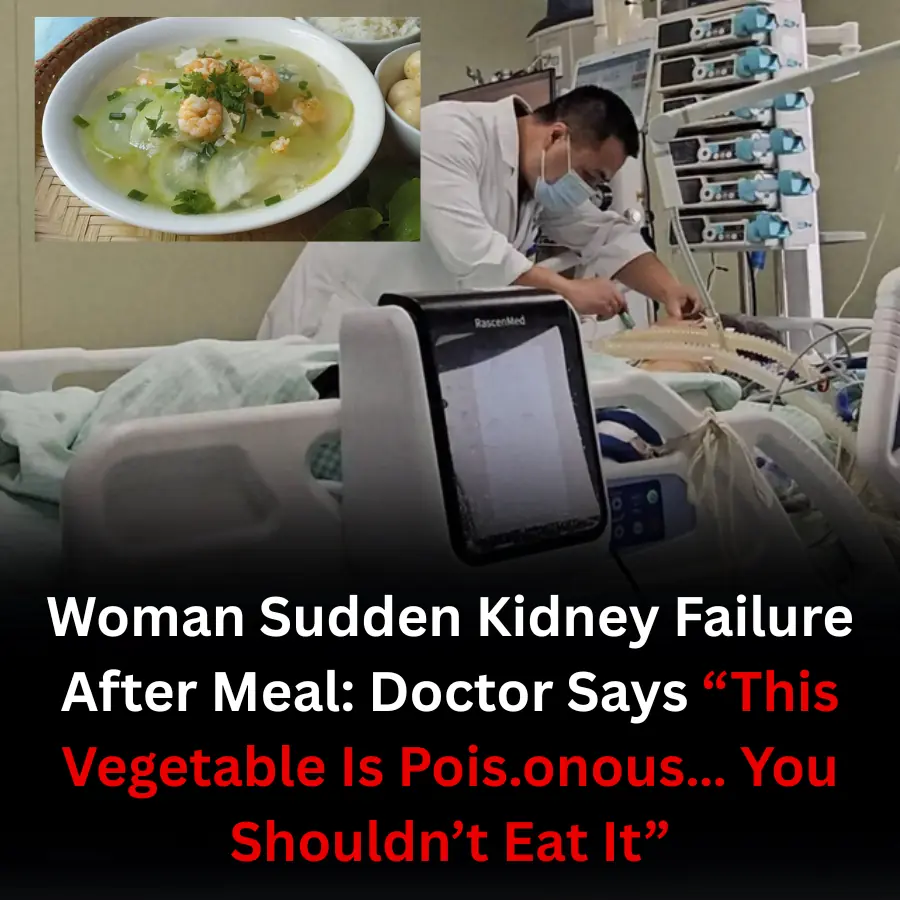
Woman Sudden Kidney Failure After Meal: Doctor Says “This Vegetable Is Poisonous… You Shouldn’t Eat It”
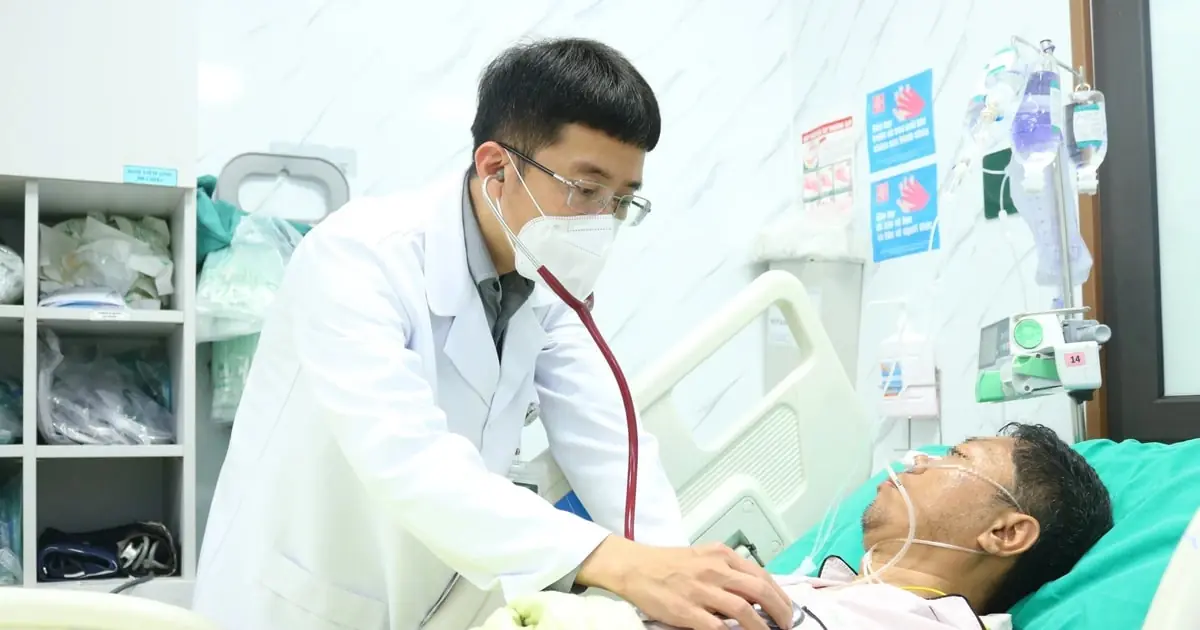
3 Critical Mistakes You Must Never Make with a Stro.ke Victim — Regret Won’t Undo the Damage

3 Common Mistakes in Storing Watermelon During Summer
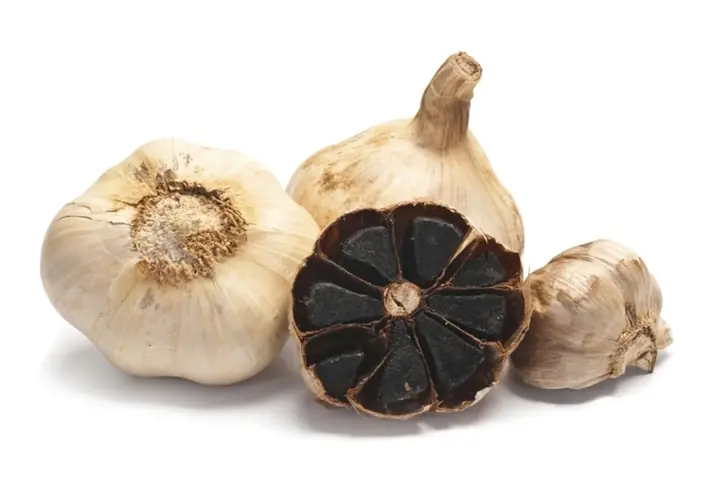
Shocking Truth: Black Garlic Isn’t for Everyone — 5 Types of People Who Should Avoid or Limit It Immediately

When Buying Oysters, Avoid These 3 Types
